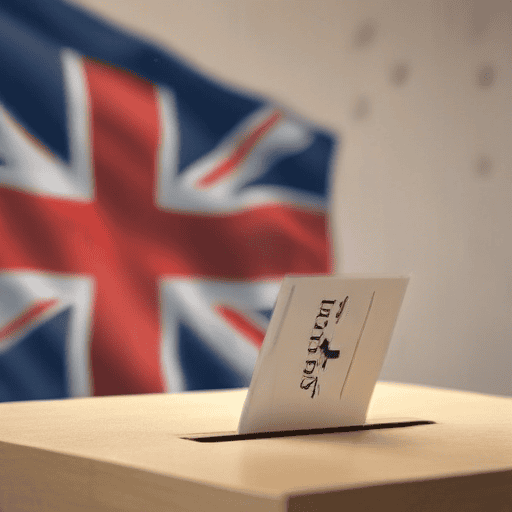Fiji’s political landscape is currently marked by unpredictability, with concerns surrounding the potential return of “unpopular” politicians despite their history of scandals. This assessment comes from Professor Steven Ratuva, a prominent political commentator and director at the University of Canterbury’s Macmillan Brown Centre for Pacific Studies. He draws comparisons to global trends—highlighting the political re-emergence of figures like Donald Trump, illustrating how past controversies do not always hinder candidates’ chances of regaining voter support.
As Fiji prepares for its upcoming elections in 2026, Ratuva describes this period as an “experimental” phase under the 2013 Constitution. He warns that the dynamics observed in the current Coalition Government could repeat themselves, with the likelihood of similar challenges surfacing. He anticipates that the 2026 elections will act as a “cleansing election,” whereby alternative parties such as Unity Fiji and Labour might leverage the ongoing political turmoil to secure favorable positions among voters.
Despite the scandals that have plagued current leaders, Ratuva emphasizes that political behavior is often unpredictable. He explains, “Despite the scandals, we may see the same people back… Politics moves in funny and unpredictable ways; Fiji is no exception.” This reflects a broader trend in political systems where historical patterns can often prevail despite public discontent.
Ratuva’s insights echo sentiments expressed in previous discussions regarding the reshuffling of Fiji’s cabinet, recently involving the appointment of six new ministers. This reshuffle was viewed as an effort to rebrand the government amid significant public scrutiny and ongoing scandals. While some see this as a proactive measure to instill new energy into the administration, doubts remain regarding whether these changes will effectively ease tensions within the coalition government or merely intensify existing challenges.
This ongoing situation highlights a vibrant political engagement among citizens, who now increasingly feel empowered to voice their opinions and hold leaders accountable. This surge in civic involvement signifies a notable shift from previous years of restricted political freedoms and opens the door for a renewed culture of critique and dialogue.
With the next election on the horizon, there is cautious optimism that these developments may lead to a more accountable government capable of effectively addressing pressing social issues, such as education and healthcare. The hope persists that constructive engagement will allow Fiji to navigate its political challenges, creating a governance model that truly reflects the needs and interests of its citizens.

Leave a comment